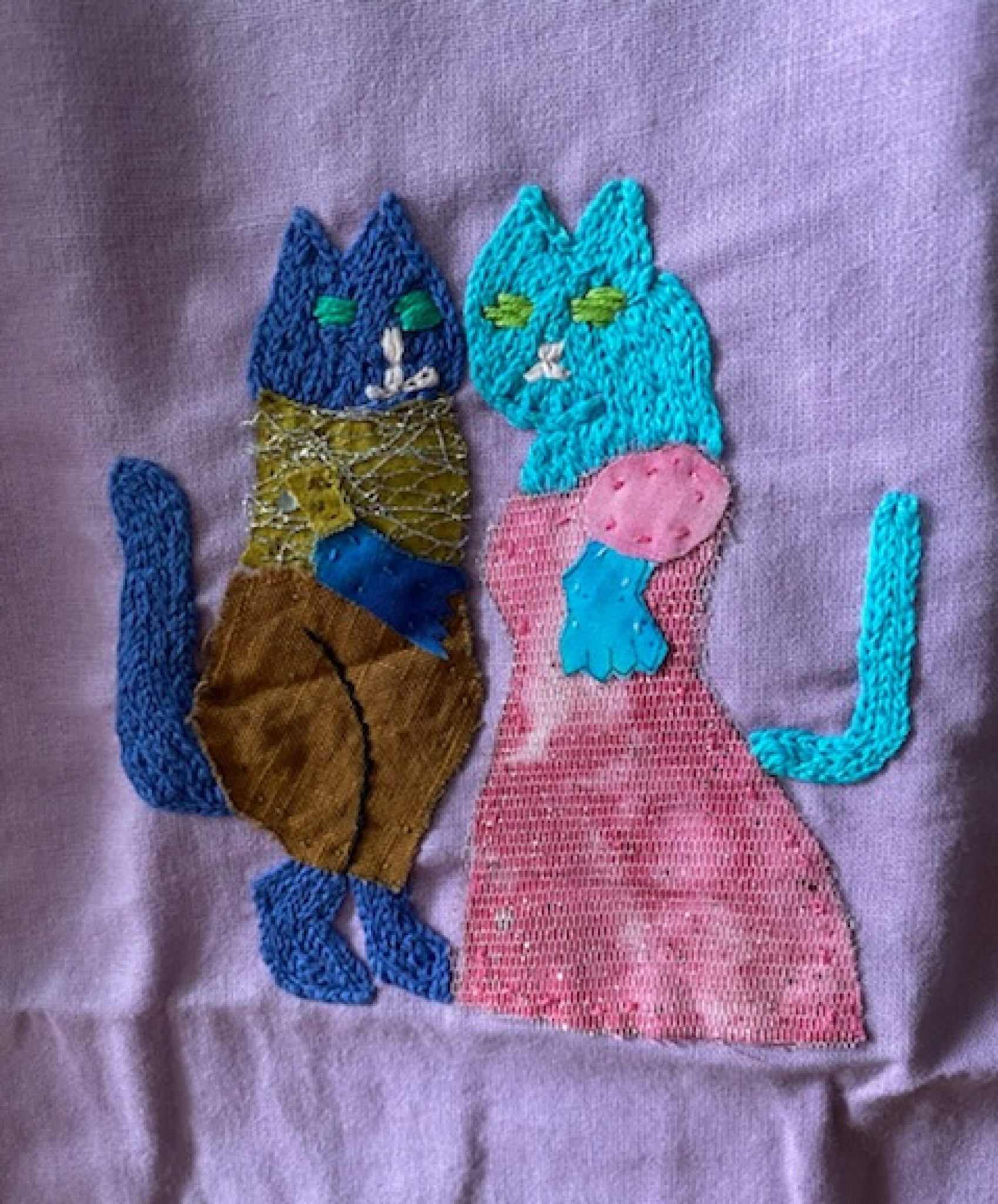This article is adapted from one of my attempts at Final Proposal Project, for my Psy.D. This was rejected, for reasons best left to our imagination. Since this is the adapted version, it is not reflective of the usual essay format that is submitted for academic course work.
Factors affecting women’s dreams of her beloved dead relatives like her parents, grandparents and close relatives. This list is not exhaustive.
- The Woman’s level of education,
- The Woman’s generation in the family,
- The woman’s family and immediate environment
- Her society.
- Her religious affiliation.
- The Woman’s economic status.
Here are some elaborations on how these factors influence a woman’s dreams of her dead family members, and close relatives.
Women’s level of education
Women who are highly educated do not believe entirely in tradition, culture, and religion. They are less influenced by these and may not follow them. Dreams are highly suspect to continue themes during the day. These women, who are not deeply influenced by traditions, culture and religion, are unlikely to dream of their dead ancestors. In contrast, women who believe in tradition, culture and religion, have immersed themselves with thoughts of their dead ancestors because of filial piety or other factors. Their dreams will continue the same themes. Thus, they are likely to dream of their ancestors.
Generation in the family
The women who are descendants of distant ancestors may have diluted their traditions and culture, by dropping or adapting some of these. The farther away from the ancestor, the less likely the woman is to follow traditions, culture and religion. Subsequently, this woman is less likely to dream of her ancestors.
Family and immediate environment
The woman’s family and immediate environment influence her thoughts and beliefs. For instance, if filial piety is in her natal culture and she believes in it, then she might desire to see her deceased relatives in dreams. Due to her desire, it may trigger a dream with imagery of her deceased relations. The contrary is also true. If the woman does not believe in practicing filial piety to deceased ancestors, then she is unlikely to dream about them.
Society
A society which supports traditions, nurtures them. The woman who lives in this society, is immersed in her culture which is rich in traditions.
Religious affiliation
The woman’s religion may influence the type and content of dreams she sees. A Christian woman may dream of her ancestors in context that are different from a non-Christian woman. Everyone is influenced by their religion as they have assimilated religious teachings.
Does the female dreamer’s behaviors change after she gets a dream of dead ancestors? Does she become more pious towards ancestral worship? Or does her level of respect and filial piety remain the same?
Economic Status
Hypothetically speaking, women from the lowest rung of economic status, are struggling to survive. In desperation, these women may turn to Divine Intervention, for help. Hence, they are likely to believe in spiritual powers of their ancestors. These women may dream of ancestors because they desire to, as their themes (of ancestors) in the day, continue as dreams, in their sleep.
Investigation into the factors
A survey can be designed and conducted to gather data, which is then analysed for patterns, trends or stereotypes. These can then support or refute our hypothesis.
Bear in mind that geography and its respective culture, influences the woman in her dealings with her dead ancestors.
Conclusion
In some cultures, traditions passed down the generations say the dead visit their living relations, in dreams. In 1900, Sigmund Freud’s tome on dream work was published. Psychologists who are pro-Freud or even pro-Jung, explained dreams as due to the inner consciousness inventing imagery to fulfill the wishes of the dreamer. Whatever the dreamer desires to see, they will see it because their desire made it so. Jung wrote that the Universe, with its wise Oracles, have a pool of knowledge to send answers to dreamers.
People who belong to the Freud school of thought believe they see dreams because their inner conscious conjured up the dreams due to their wishes.
Jung’s disciples think their dreams are sent from the wise Universe, who has the collective pool of knowledge, to answer questions and solve problems.
Dreams usually contain complex imagery, and have different processes like condensation and displacement, to complicate understanding. Present day psychologists have the basic grasp of dreamwork, to offer fundamental interpretation and analysis. The client dreamer’s unique composition makeup of personality, knowledge, immediate environment, experience, culture, religion, economic status, creative imagination and intuition, enable them to understand their dream imagery.
